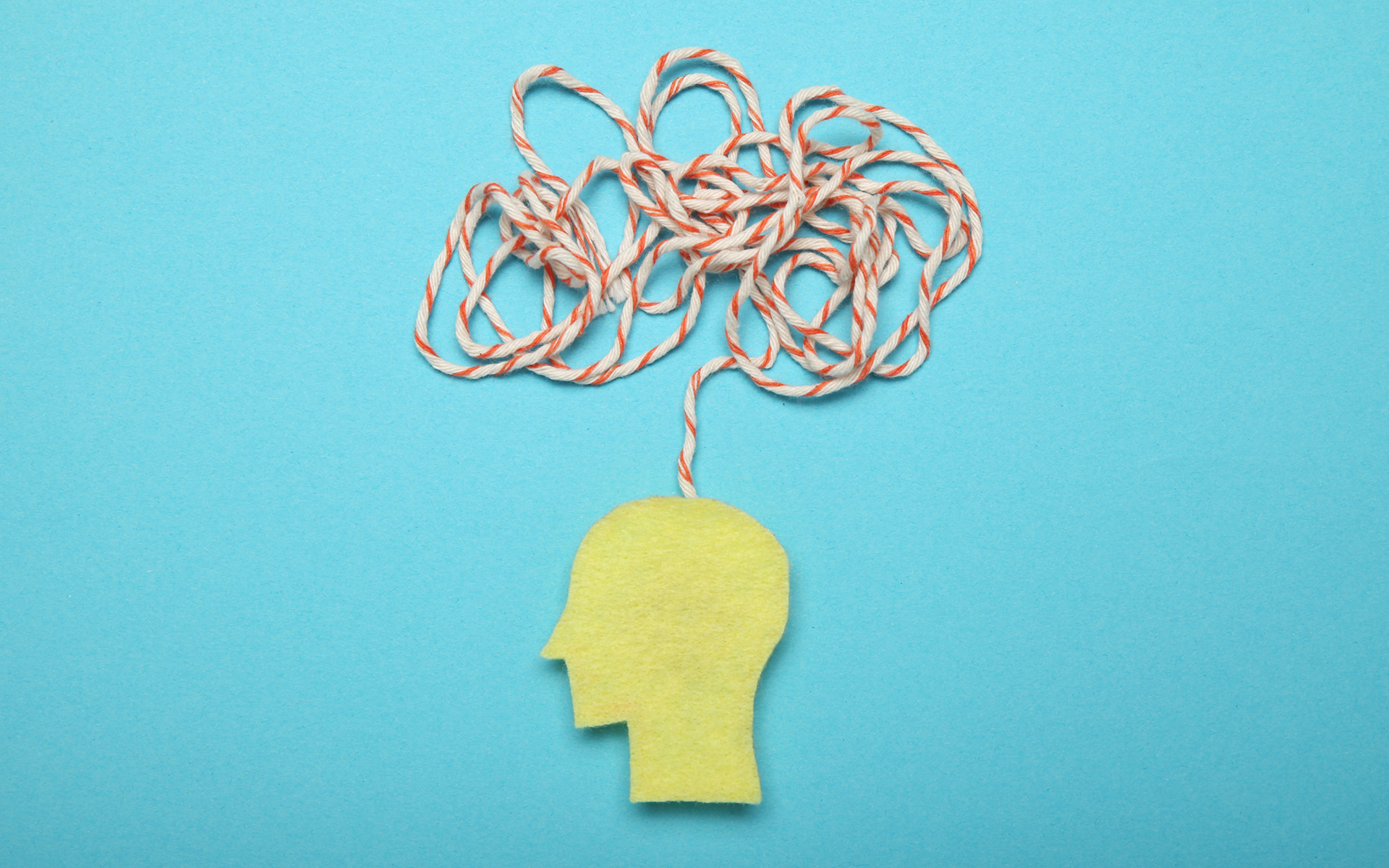Mindful@Home is a series of free guided meditations from some of our favorite mindfulness teachers. As they hunker down in their homes, they will be sending peace, calm, and love to you in your home. Tune in to our Facebook page every Monday, Wednesday, and Friday at 3 p.m. ET for live guided meditations.
In this video, Elisha Goldstein outlines seven simple things we can do in our everyday lives to cope with the stress and anxiety that arises in challenging times.
7 Ways to Ease Your Anxious Mind
1. Slow down
When you slow your physical movements, you are also allowing your mind to slow down. You can do this by taking your time with everyday tasks like walking, washing the dishes, or showering.
2. Take the news and social media with a grain of salt
It’s easy to get overwhelmed by anxious thoughts when reading the headlines of the day. We can limit the spread of unnecessary fear and panic by looking past the headline and reading the entire article. Once that’s done, pause and notice whether it’s worth sharing a sensational headline on social media.
3. Build certainty into your day
Often mindfulness practices teach us to be okay with uncertainty, but it’s also okay to build in elements of certainty that your mind can count on. Try creating a new routine that fits the reality of your life right now. Use exercise, sleep, or meditation to ground yourself with healthy habits.
4. Come to your senses throughout the day
To ease your worried mind, try the three-by-three practice. Notice three things that you can see, three things that you can hear, and three things that you can feel. Or, experiment with what works for you: Expand the practice to all five senses, or bring your attention to one sense at a time.
5. Release the critic
See if you can become aware of when you’re comparing yourself to other people. Gently remind yourself that you don’t need to compare how you’re handling the crisis to how others are coping. Instead, notice when thoughts of judgment arise and label the thoughts as “comparing.”
6. Do a reality check
Oftentimes anxiety confuses possibility with probability. Similar to Byron Katie’s four questions, ask yourself: “Is this thought true?” “How does this thought make me feel?” “What does it make me want to do?” and “What would I do if this thought wasn’t here?” With the answers to these questions in mind, you should be able to judge possibility and probability with a clearer distinction between the two.
7. Look up and listen
If you can, go outside, lie down, look up at the sky, and listen. Allow yourself to get comfortable and take in all of the sounds and visuals that surround you.
Explore and experiment with each of these seven practices and see what you notice. And know that whatever you’re experiencing right now, you’re not alone.
read more
One Year Into the Pandemic, Here’s How We’re Tapping Into Compassion
Wherever you are, whatever your circumstances, we’re sharing these practices to help you find ways to plug into connection, kindness, and care.
Read More
What to Do When Thoughts Arise While Meditating
The mind often wanders in meditation—and it’s normal. Elisha Goldstein, psychologist and founder of the Mindful Living Collective, explores how to deal with both important and irrelevant ideas that come up.
Read More
Free Mindfulness Resources to Find Calm and Nourish Resilience During the COVID Outbreak
Whether you’re looking for live guided meditations connecting you to others, a quick practice to help you find your ground, or a free course on how to meditate, here’s how the Mindful community is coming together to serve in the days and weeks ahead.
Read More










